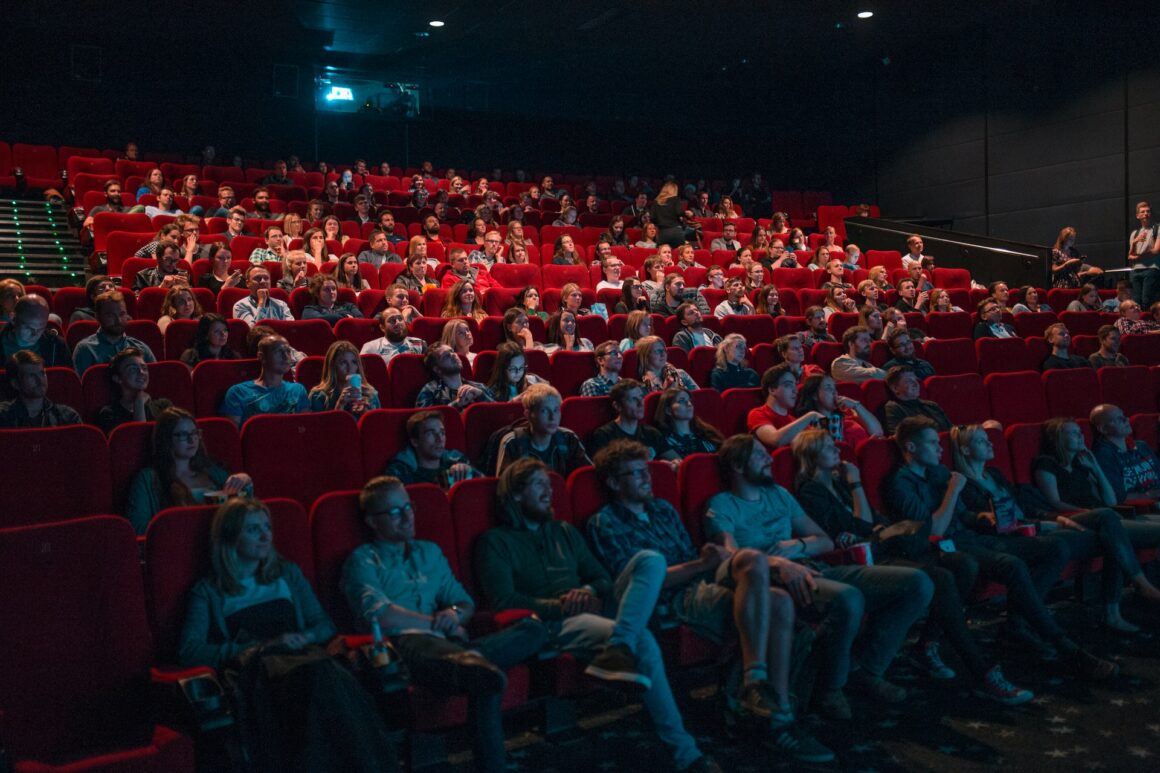WARNING: THIS ARTICLE CONTAINS SPOILERS
Based off of Norman Lear’s 1975 classic sitcom primarily under direction of Alan Rafkin, the 2017 Netflix series, One Day At A Time, is a big step forward for commercial Television. The actors are mainly people of color (way to go, representation!) and so much more than mediums for mindless humor. This sitcom details the life of a Cuban-American family and embraces its genre to effortlessly makes every characteristic sitcoms strive to achieve possible. Yes, it is silly and often vociferous in nature, but it is no obstruction of quality: it is simply an outward expression of strong women unashamedly being themselves.
By the first episode, “This Is It”, the audience is thrown into a Lincoln-Douglas debate that pits feminist daughter Elena, (Isabella Gomez), against Afghanistan veteran and nurse matriarch, Penelope Alvarez (Justina Machado). Penelope, along with her mother, Lydia (Rita Moreno), desperately want Elena to have a quincenera as a traditional send off into womanhood. Elena, on the other hand, stands morally against it. “I don’t want to be paraded around in front of the men of the village like a piece of property to be traded for two cows and a goat,” she says. This sight of the women arguing is not specific to this episode—it truly occurs in some form in every one.
Essentially, this show is about standing up for your beliefs and learning from others, while celebrating how far we have all come. It is about discussing real problems in ways that make hard concepts, like racism and sexism, accessible.
The themes in this sitcom illustrate real issues that people face everyday, while simultaneously bringing light to the generational differences families endure. For example, Lydia, Penelope, and Elena all represent different generations of feminists. Lydia epitomizes classic beauty and tradition, often complaining about Elena’s lack of interest in boys or makeup, as well as her intense passion for environmentalism and social justice. However, she is not to be dismissed, for her feminism lies in the way she views men. “You will never win men over by confronting them,” she says. “You flirt with them, you hypnotize them. And then you do whatever the hell you want. And then they will they think they are the boss, but really, you are the boss.” Penelope is similar to her mother in this way—she views sexism as an openly offensive remark or action made by men. Elena, on the other hand, sees sexism in a modernized context through what is explained in the second episode, “Bobos and Mamitas”, as “micro-aggressions and mansplaining”. Lydia gains male respect through beauty and manners, Penelope gains male respect through doing a better job than them, and Elena gains male respect through calling them out when they are problematic. All three of these viewpoints are valid, and even more importantly, all three women learn from each other.
Additional themes tackled on One Day At A Time:
Mental Health: Penelope is prescribed antidepressants very early on in the show, which deliberately illustrates conflict between her health and the stigmas held by her mother.
Immigration: Elena’s best friend, Carmen (Ariela Barer), moves to Texas to live with her older brother because her parents were deported.
Sexuality: Elena explores her sexuality throughout the show’s duration, and eventually comes out to her family.
Sexism in the Workplace: Penelope promotes an idea for a new system to increase productivity at her workplace, but is ignored by her male counterparts.
Stereotypes: The majority of the episodes involve the family questioning the implications of their family’s actions and embracing their culture regardless of what others think.
Treatment for Veterans: Penelope spent hours on end waiting for an appointment to help heal her shoulder injury from war, highlighting the fact that treatment for veterans should be a medical priority.
This sitcom is one of importance. It has an unquestionable entertainment value, but also an amazing capacity to provoke awareness, education, and change. A small show, such as this one, truly holds power to help inform the public at large, one laugh, one episode, and one day at a time.




